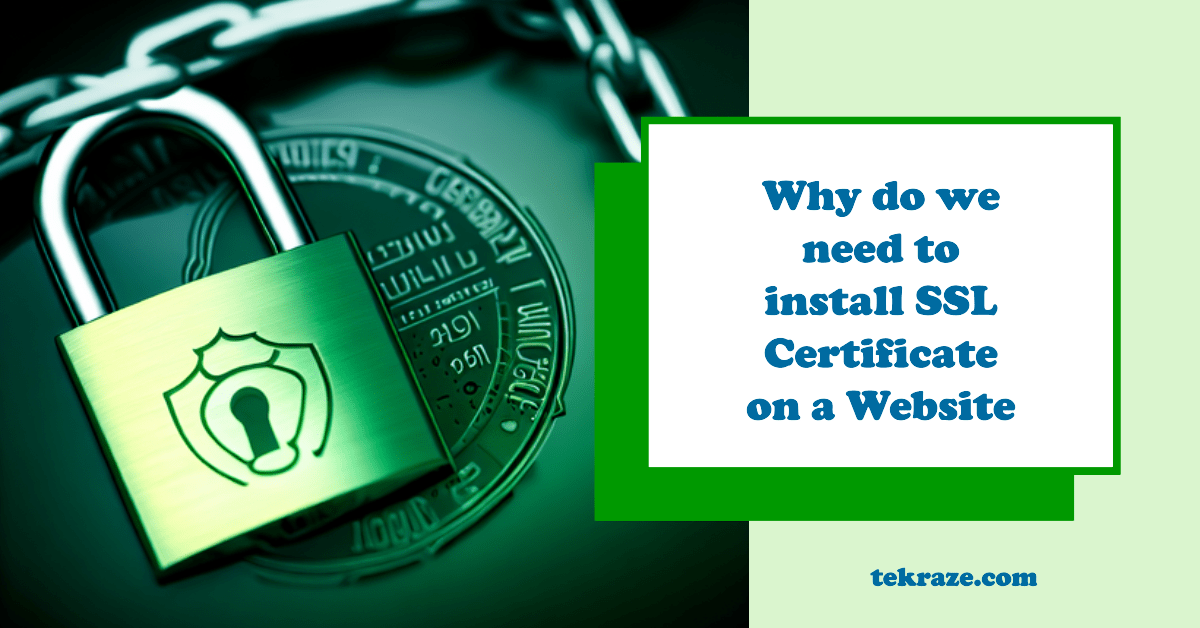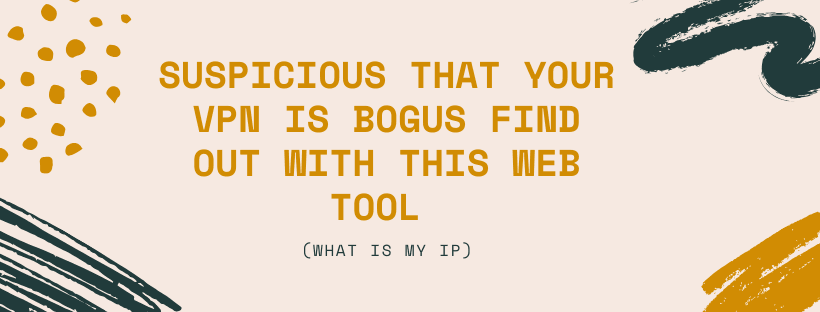Introduction of SSL certificate on a website
An SSL certificate is a digital certificate that authenticates a website’s identity and encrypts data sent between a user’s browser and the website’s server. SSL stands for Secure Sockets Layer, a security protocol that creates an encrypted link between a web server and a web browser. This link ensures that all data passed between the two systems, such as passwords, credit card numbers, and other sensitive information, is unreadable to anyone else.
SSL certificates are essential for any website that collects or transmits sensitive information from users. This includes websites that sell products or services online, websites that require users to create accounts, and websites that offer file downloads. Without an SSL certificate, these websites are vulnerable to cyberattacks, such as data breaches and phishing attacks.
When a user visits a website that has an SSL certificate, the user’s browser will display a padlock icon or other security indicator in the address bar. This indicates to the user that the website is secure and that their data is protected.
Also check Prima Secure for SSL Certificates service.
Different Types of SSL certificate on a Website
There are two main types of SSL certificate:
- Domain validated (DV) certificates are the most basic type of SSL certificate. They verify the ownership of a domain name, but they do not verify the identity of the organization that owns the domain. DV certificates are typically used for small websites that do not collect or transmit sensitive information. It is also great for small projects that dont have any sensitive information and just encrypt information. Also can be done for test projects hosted over a domain.
- Extended validation (EV) certificates provide the highest level of security. They verify the ownership of a domain name and the identity of the organization that owns the domain. EV certificates also include a green address bar in the user’s browser, which provides a visual cue that the website is highly secure. EV certificates are typically used for large websites that collect or transmit sensitive information, such as banks, financial institutions, and government agencies.
Mostly these types of SSL certificate are installed on Ecommerce and shopping sites where users enter credit card and banking information. This ensures the information of the customers are safe and encrypted when details are submitted to the server over network using browser.
To install an SSL certificate on a website, you will need to purchase a certificate from a certificate authority (CA). Once you have purchased a certificate, you will need to upload it to your web server. Your web hosting provider can usually help you with this process of installing SSL for your website. Like godaddy has a SSL Certificate management tool for their hosting.
Once you have installed an SSL certificate on your website, you will need to configure your web browser to use HTTPS. This can usually be done by changing the website’s URL from HTTP to HTTPS. This is because after installing SSL we need to let browser know that this website is served over secure network with https and valid ssl certificate.
Installing an SSL certificate is an important step in protecting your website and your users’ data. By following the steps above, you can ensure that your website is secure and that your users’ data is protected.
Benefits of installing a SSL certificate on your website
Increased Security
- Protects sensitive data: An SSL certificate encrypts all data sent between a user’s browser and a website’s server, making it unreadable to anyone else. This includes sensitive information such as passwords, credit card numbers, and social security numbers.
- Prevents cyberattacks: SSL certificates help to protect websites from cyberattacks such as data breaches and phishing attacks. Data breaches occur when hackers steal sensitive data from a website. Phishing attacks occur when hackers send emails or text messages that appear to be from a legitimate source, such as a bank or credit card company. These emails or text messages often contain links that, when clicked, take the user to a fake website that looks like the real website. Once the user enters their personal information on the fake website, the hackers can steal it.
- Builds trust: An SSL certificate shows visitors that a website is secure and that their data is protected. This can help to build trust and credibility with visitors, which can lead to increased sales and traffic.
Improved Search Engine Ranking
- Google and other search engines now give preference to websites that use HTTPS: HTTPS is the secure version of HTTP, the protocol that websites use to communicate with browsers. When a website uses HTTPS, it has an SSL certificate. Google and other search engines now give preference to websites that use HTTPS, which means that these websites are more likely to appear higher in search results.
- Increased organic traffic: Having an SSL certificate can lead to increased organic traffic, which is traffic that comes from search engines. This is because search engines now rank websites that use HTTPS higher in search results.
Enhanced Customer Experience
- Increased customer confidence: An SSL certificate can increase customer confidence in a website. This is because it shows visitors that the website is secure and that their data is protected. This can lead to increased sales and repeat business.
- Improved user experience: An SSL certificate can also improve the user experience of a website. This is because it encrypts all data sent between a user’s browser and a website’s server, which can make the website load faster and be more responsive.
Overall, there are many benefits to having an SSL certificate. These benefits include increased security, improved search engine ranking, enhanced customer experience, and increased customer confidence. If you have a website, I strongly recommend that you install an SSL certificate. It is a simple and affordable way to improve the security of your website and protect your users’ data.
If you have a website, we strongly recommend that you should install SSL certificate on your website. It is a simple and affordable way to improve the security of your website and protect your users’ data. There are multiple sites where you can get SSL from free as well. Some sites including Zero SSL and LetsEncrypt provides free SSL certificates that can be hosted on your websites for free.
We hope you liked the article. Thanks for reading.





